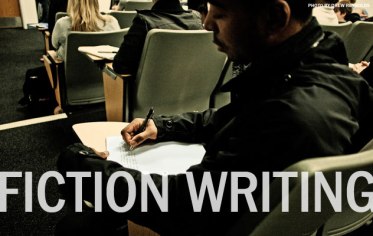Good morning, friends and a hearty TGIF to you all! I hope you all have some awesome weekend plans lying ahead of you, even if it’s absolutely nothing. Sometimes I find those are the most enjoyable.
So….if you have read my blog for any length of time you know that I always post the, “Indie Author of the Week” or “Indie Book of the Week” on Fridays. Well, today I’m posting a book that I think you, as an indie author might enjoy.
We’ve all heard of indie authors and if you are like me, you consider yourself one (doesn’t matter whether you are published at this point or not). I’m also fairly certain that you are curious as to what helps to make indie authors successful, no matter your definition of success. Here’s something that you should buy:
Learn how to succeed in indie publishing.
With interviews from 34 of the hottest names in self-publishing, “Interviews with Indie Authors” contains a unique view into the world of the indie writer. Each bestselling self-published author shares how they ensure their books are a hit, and what led them to indie publishing in the first place. You will also find out what they think the future of self-publishing will bring. Their first hand experience is invaluable for anyone planning to succeed with their own books.
Whatever your background, you will learn from these incredible interviews.
With diverse genres such as thrillers, young adult fiction, the paranormal, romance, comedy, fantasy, horror, science fiction, mystery and even non-fiction, whatever you are writing about, this book has it covered.
Contains interviews with indie authors such as: Michael McCloskey, Nick Russell, Connie Suttle, Michael Prescott, Terri Reid, Hugh Howey, Scott Nicholson, Kristen Ashley, Aaron Patterson, Carol Davis Luce, Claire Ridgway, Alexa Grace, Marie Force, Shadonna Richards, Colleen Hoover, Barbara Freethy, Joseph Lallo, Rebecca Forster, Caryn Moya Block, Denise Grover Swank, Mainak Dhar, Imogen Rose, CJ Lyons, Bella Andre, Maria Murnane, Theresa Ragan, Russell Blake, Linda Welch, Debra Holland, J. Thorn, James Somers, Karen Cantwell, Tracey Garvis Graves and Elena Greene.
Buy it on Amazon now: http://www.amazon.com/Interviews-Indie-Authors-Self-Published-ebook/dp/B008OTUDWO.
Have a great weekend! (Evin – www.saplingpublishing.com)

